The United States Court of Appeals for the Third Circuit recently ruled on a case after receiving an appeal from a lawful permanent resident of Pennsylvania who was scheduled to be removed from the U.S. The incident that prompted the U.S. Department of Homeland Security to initiate the removal proceedings occurred back in 2015 when Mohamed Sambare, 31, was stopped by police in York County, Pennsylvania after allegedly making an illegal U-turn. The court documents highlight that during the traffic stop, an officer “informed Sambare that he detected the scent of marijuana, and Sambare—who at one point provided a false name to the officer—admitted that he had smoked marijuana prior to operating the vehicle.”
A drug screening was performed and “Sambare tested positive for [having] marijuana in his system.” He was charged with driving under the influence of a Schedule I controlled substance, which is a violation of the Pennsylvania DUI Statute. The following year, Sambare “pleaded guilty to the offense and that is when the removal proceedings began.
The U.S. Department of Homeland Security “asserted that Sambare’s conviction was for a “violation of . . . any law or regulation of a State . . . relating to a controlled substance. . . , other than a single offense involving possession for one’s own use of 30 grams or less of marijuana” under 8 U.S.C. § 1227(a)(2)(B)(i).” In turn, the Immigration Court declared that Sambare was removable as the offense he committed did not fall within the scope of an offense “involving possession for one’s own use of 30 grams or less of marijuana.”
Sambare disagreed with this decision as he perceived his offense to be one that involved the possession for one’s own use of 30 grams or less of marijuana, and he filed an appeal.
The Third Circuit disagreed with Sambare and denied his petition. The court ruled that “possession for one’s own use of 30 grams or less of marijuana” refers “to the crime of simple possession of a small amount of marijuana,” however, Sambare was not convicted of simple possession of a small amount of marijuana but instead, “was convicted of operating a vehicle under the influence of marijuana in violation of the Pennsylvania DUI Statute, which undoubtedly is a more serious offense than simple possession.”
Although the Court determined Sambare’s offense is one that makes him removable from the U.S., the State of NJ views operating a motor vehicle while under the influence of a controlled substance differently than that of PA. In New Jersey, the State does not view operating a motor vehicle while under the influence of marijuana as a criminal offense, rather it is considered a motor vehicle offense.
So, how might the outcome of this case impact immigrants living in NJ who have been convicted of DUI?
Although the act itself is viewed differently in both states, operating a motor vehicle while under the influence of a drug or alcohol may be considered to be a drug related offense, as it is in Pennsylvania.A definite answer will not be available until the New Jersey DWI statute is litigated through the courts as the Pennsylvania statute was.
What should an immigrant living in NJ do if he or she was charged with DUI?
As you can see, being charged and convicted of DUI in PA or NJ can land you in hot water with the U.S. Department of Homeland Security and potentially jeopardize your ability to live and work in the U.S. So, if you were recently arrested for driving while under the influence of drugs or alcohol in any city within the State of NJ, you are going to want to retain a NJ immigration lawyer who can help you fight these charges and reduce your chances of being deported.
The Law Office of Eric M. Mark offers free, 10-minute consultations to those in need of legal assistance and we encourage you to give us call now to learn more about what we can do to defend you and help you avoid being charged with a crime that could cause you to be placed in removal proceedings.

 CALL US TODAY
CALL US TODAY